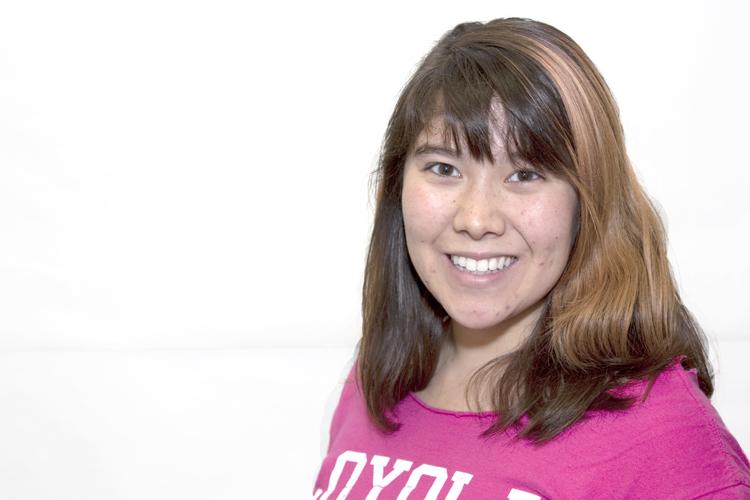As countless people gathered and sang the national anthem at the White House, at Ground Zero and across the United States. I walked across Tulane’s campus in awe. An hour after Osama bin Laden’s death was announced, people donned their fourth of July clothes and hung American flags from their balconies. It was perfectly acceptable to run up to a stranger, yell, “America!” and get a cheer in response. I heard people sing the national anthem, “Grand Ole’ Flag” and “Proud to be an American.” I filmed people screaming, “U.S.A.! U.S.A.!” and sent the footage to my mother.
An hour later, I stood across the street from The Boot and watched police swarm the streets. The celebrating crowd got too large, and the glass bottle throwing got too dangerous. The rowdy mob, along with several posts from my friends on Facebook and Twitter, had me questioning what, exactly, we were celebrating.
Over the past decade, bin Laden became terrorism’s poster boy. However, we must remember that bin Laden’s death will not stop terrorism. Al-Qaida and other terrorist organizations can — and will — run without him. We must also remember that bin Laden is a human being, born on March 10, 1957, to Mohammed bin Awad bin Laden and Hamida al-Attas in Riyadh, Saudi Arabia. His life is another life lost in a war on terror and an even larger war of culture, possessions and politics.
Like many Americans, I know exactly where I was and what I was doing when I heard of the Sept. 11, 2001, attacks. Still, I was nine and barely comprehended what I experienced.
When I think of Sept. 11, I remember my friend Shari, who was two blocks away from the towers. Her entire body was covered in ash. She couldn’t stop crying. I remember Melissa Harrington Hughes, who called her husband, Sean, from inside a tower and left him a message: “Sean, it’s me. I just wanted to let you know I love you, and I’m stuck in this building in New York.” I remember watching people jump from sixty-plus stories because they didn’t want to burn alive. The only choice left for them was how they wanted to die.
When I heard about bin Laden’s death, I felt disbelief. For ten years, his presence was a piece of my world. Every time someone talked about Sept. 11 or mentioned the war, I remembered him. I feared him, but over the ten years that passed, I accepted that the U.S. would not find him. I wanted him to pay for the people he helped kill, but as I matured, I realized that revenge would not bring back the people who died, nor ease the discomfort I felt when, at nine years old, I realized my country wasn’t the safe place I had previously thought.
I knew all these things, but, after I got over my disbelief, I felt relief at bin Laden’s death. I knew that terrorism still existed and that and a man died, but I also felt a fear in my mind lift when I heard the news. I felt like celebrating my country and my family.
Bin Laden is a symbol with which we associate much: anger, grief and, now, relief. That’s emotion, and that’s human.
Even so, we have a larger duty: we must protect the human dignity bin Laden attacked, and that starts with him. We can feel our emotions, but we must not revel in his death. The solution to war is not killing terrorists – it is spreading peace and protecting human dignity.
Kylee McIntyre is an English writing sophomore. She can be reached at
In My Opinion is a weekly column open to any Loyola student. Those interested in contributing can contact [email protected]







